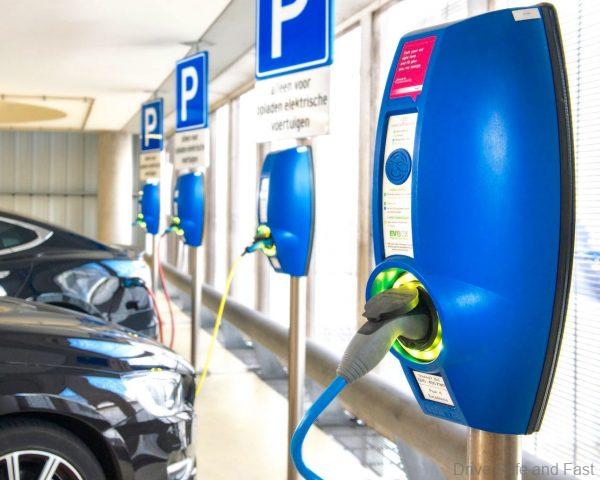Global Car Manufacturers Are Targeting USD515 Billion EV Investment
This massive EV Investment is for battery and electric vehicle production.
The COP 26 has pushed many changes in the global automotive market and car manufacturers have been ‘forced’ to make quick changes to their product lineup.
However, the petrol powered vehicle is not going away anytime soon. IHS Markit expects that in 2030, 87 percent of new cars will still feature some form of internal-combustion engine. Stephanie Brinley, a senior auto analyst at IHS Markit, said automakers are playing a long game. Consistency in the form of competitive models and coherent strategy can be as important as initial sales.

“It’s a struggle in the beginning to get consumers to think about cars differently,” she says. “It’s not so important to sell 100,000 units out of the gate but to build the business.”
Well, on November 10th Reuters reported that global automakers are planning to spend more than half a trillion dollars on electric vehicles and batteries through 2030 as they ramp up investments aimed at persuading new car buyers away from petrol powered vehicles to meet increasingly tough de-carbonization targets.
Less than three years ago, a similar analysis by Reuters found car companies planned to spend USD300 billion on EVs and related technologies. But looming zero-carbon mandates in cities such as London and Paris and countries from Norway to China have lent additional urgency to the industry’s EV-related investment commitments.

The most recent analysis shows carmakers planning to spend an estimated USD515 billion over the next five to 10 years to develop and build new battery-powered vehicles and shift away from combustion engines.
Other surveys have come up with different spending projections. In June, consulting firm AlixPartners said auto industry investments in electric vehicles would reach USD330 billion by 2025. In 2020, all global automakers combined spent nearly USD225 billion on capital expenditures and research and development, according to AlixPartners.
Tesla, currently the world’s largest EV manufacturer, appears to be the one company that is selling virtually every vehicle it can build and is readying new multibillion-dollar “gigafactories” near Berlin and Austin that will significantly boost its annual production capacity.

Meanwhile, political and regulatory pressure is building on the world’s carmakers to begin phasing out production of fossil-fueled vehicles, including petrol-electric hybrids, over the next 10-15 years, while ramping up output of full electric models.
A number of countries, from Singapore to Sweden, have said they will ban sales of new combustion engine vehicles by 2030. U.S. President Joseph Biden has said he wants 40 percent to 50 percent of sales to be electric vehicles by 2030.
Germany’s VW Group, which is still recovering financially from the 2016 Dieselgate emissions cheating scandal, continues to lead the rest of the industry, with more than USD110 billion in EV and battery investment commitments through 2030.

Meanwhile, Brian Maxim, head of global powertrain forecasting at AutoForecast Solutions, likens the growing investment commitments in vehicle electrification to the Cold War:
“Once a few manufacturers announced EV programs, everyone else had to announce their own or be viewed as being left behind.”
However, he added, “this leaves a lot of vehicle manufacturers planning significant volumes for a vehicle category that has unknown consumer acceptance, and will have minimal to no profit” for years.